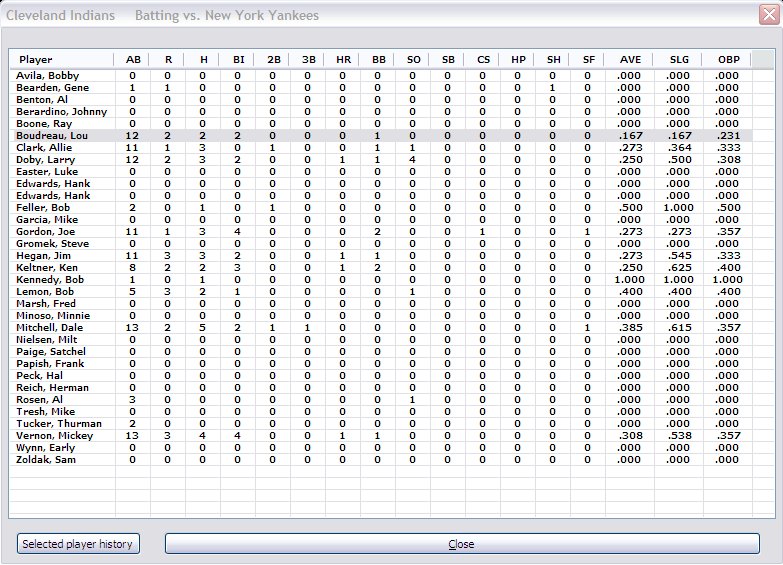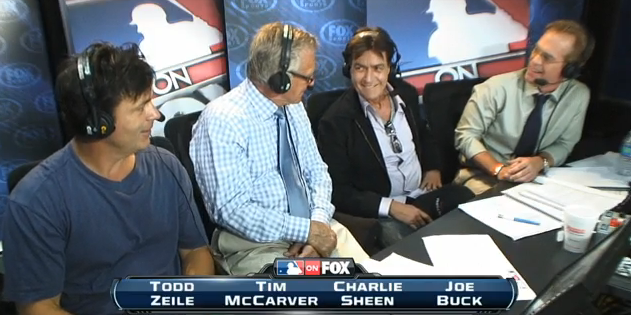They say that sequels are rarely as good as the original, but I’ll do my best to change that thought process. I bring this up because apparently one column on bad habits wasn’t enough. I heard from many of my broadcasting peers to point out a few more of these hard habits to break. My apologies to the band Chicago.
In past columns, I’ve talked about the use of stats in a radio play-by-play broadcast. Still, some of us, again me included, can’t seem to shake this off. Especially early in a game, bombarding your radio listeners with stats, amounts to them putting on a white noise machine. Batting average, home runs, RBI are important numbers to the players, but are less important to your listener.

They hear the stats, but since they’re probably concentrating on other things while listening, they don’t comprehend them. I’m trying to concentrate on big, impactful numbers, or ways to present stats in a more listener friendly way. For example, instead of telling my White Sox audience that the White Sox this year are 31-34 after 65 games, I may go with, “the White Sox are 8 games better to this point than they were last season.” That seems to resonate more with my audience that is watching a club rebuild. They want signs that things are working. I think that is one way to present this. Make the numbers impactful.
I’m going to go all Captain Obvious with you now, since we’re talking about numbers. How about the number that matters most to your listener on radio. The score! I love a good story during a broadcast, truly I do, but at the expense of a score update every now and then, I can’t deal with it.
Listening back to a recent broadcast of mine, I timed that I went 2 minutes and 12 seconds without giving the score, during a discussion about one of the Sox minor leaguers (Luis Robert). Unacceptable. I slapped myself on the wrist after hearing this blunder. We as broadcasters on radio have to be more conscience of the listener’s need to know the score!
I remember my days at Wrigley Field, I could see into the visitors booth to see what some of them would do to remind them to say the score. Hall of Famer Jon Miller actually used an hour glass. It wasn’t an hour timer, but a 90 second timer. Every time the sand ran out, he would say the score (within a reasonable time frame) and then flip the item over and start the sand flowing again.

Other guys would simply have the word “SCORE” on a 4×6 note card in front of them, just for a friendly reminder. Some over the years told me that every few pitches they’d do a ‘reset’ which included not only the score, but inning and situation. Every once in a while that would also come with a game recap that gave the listener a “how did we get here” update.
Finally, this time around, let’s talk about the times when there is a guest in the booth. Sometimes you have no choice, the team wants some celebrity fan or special guest on the air with you so, you have that person put on a headset. But as I’ve noticed, the game slips away in some cases.
The Executive Producer of White Sox Baseball Dave Zaslowsky knows that at times this can be an issue. “While it’s great to have celebrities, former great players from the team, or team executives that may be promoting upcoming events, it’s vital to not lose focus of what is happening on the field. Pitches, plays and the score.”
So true. It’s so easy to get wrapped up in what the guest is saying or promoting and forget that you’re calling a baseball game.
There is an art form to this and it starts with prepping your guest ahead of time. The conversation can go like this, “hey, we’re happy to have you hear and want to promote this event. Do me a favor, if the ball gets put into play, just pause to let me call the action. I promise we’ll get right back to the plug after the call.” Some guests will pick it up, some won’t. Sometimes you literally have to interrupt the guest and call the play. It’s your job and responsibility to call the action for your listener.

Again, this column isn’t meant to be preachy, considering that I’m guilty of many of these things I’ve talked about as well. We all try to grow as broadcasters every day we turn on the microphones. Sometimes we don’t realize that we’ve fallen into some of these bad habits. Good news, these things are easily correctable!
Andy Masur is a columnist for BSM and works for WGN Radio as an anchor and play-by-play announcer. He also teaches broadcasting at the Illinois Media School. During his career he has called games for the Chicago Cubs, San Diego Padres and Chicago White Sox. He can be found on Twitter @Andy_Masur1 or you can reach him by email at Andy@Andy-Masur.com.





